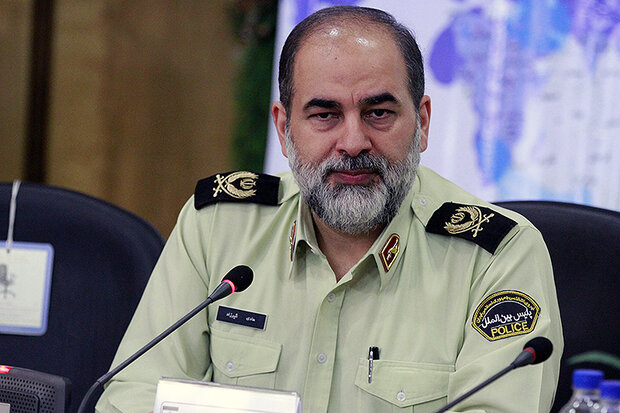As he informed, the convicts have been arrested in the Iranian provinces of Tehran and Alborz.
All of them will be extradited to their home countries with the cooperation of the Interpol, he added.
There are essentially three ways in which criminals and suspects can be extradited when they flee the country.
The first way is to extradite a criminal through an international organization, such as International Police; this is when a 'Red Notice' is issued by Interpol and the extradition procedure is activated.
The second way of extraditing a criminal is through bilateral extradition treaties. For example, two countries may sign a bilateral extradition treaty and based on two-way interaction between the two countries, extradition of criminals occur.
The third way is through international conventions. Countries that are members of international conventions often have duties and obligations under these conventions. For example, if a country has signed a convention to combat corruption and financial fraud, then that country is required to extradite corrupt criminals and suspects who are living in its territory.
Iran is pursuing international cooperation in the most sustained and professional manner to extradite criminals who have fled abroad.
Iran's Ambassador and Permanent Representative to the international organizations in Vienna Kazem Gharibabadi has recently called on UNDOC to facilitate the extradition of Iranian financial criminals.
Iran’s Judiciary Chief Ayatollah Ebrahim Raisi has also condemned certain Western countries for harboring Iranian criminals and fugitives who have looted public money.
It is against international law to harbor a fugitive criminal with charges of economic corruption, Raisi said.
HJ/2286733

























Your Comment